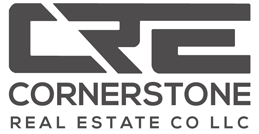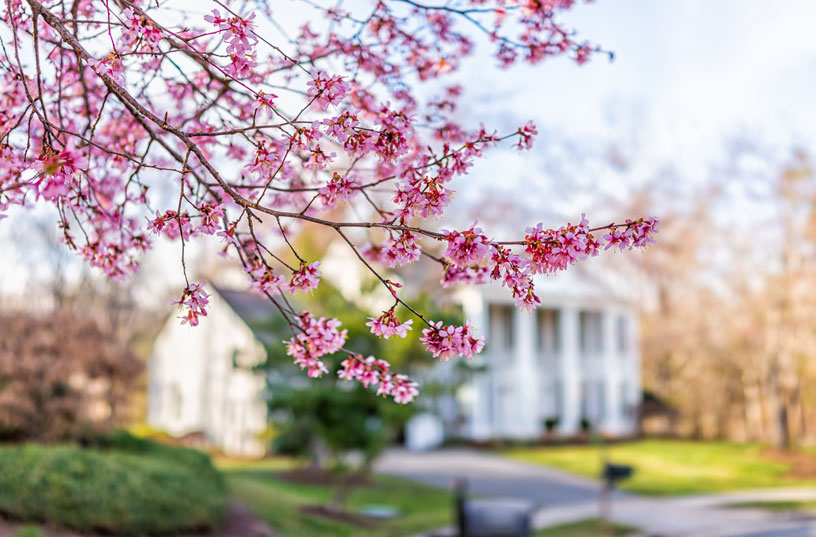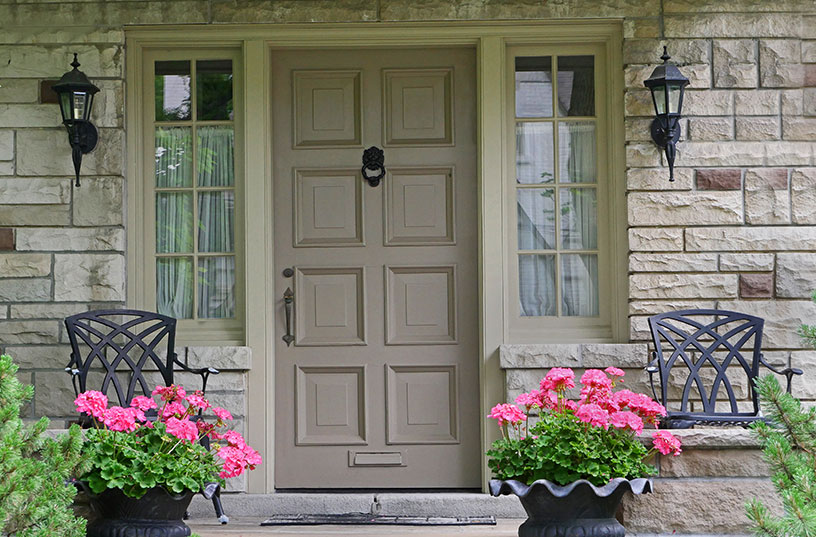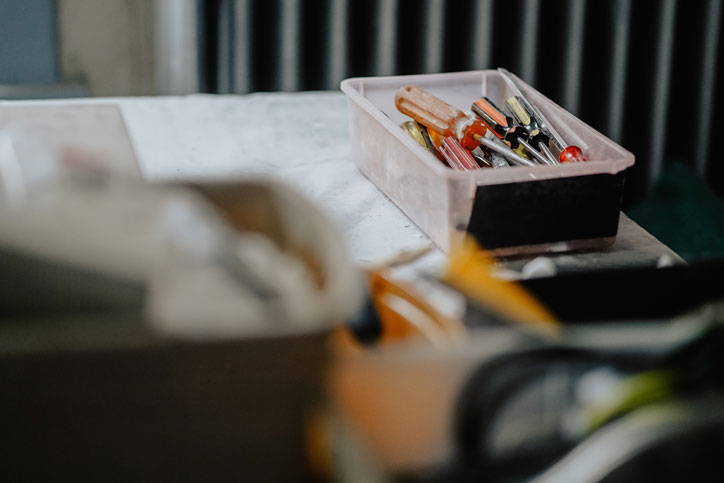Congratulations! After all the saving and searching, you finally purchased your first home. It’s an exciting time – and often a major milestone – in your life. Of course, along with the excitement comes a lot of questions about being a new homeowner. What do you do once the papers are signed, the boxes are delivered, and the keys are in your hands? Don’t panic – we’ve prepared a handy list of things every first-time homeowner should do.
1. Set Up Utilities
You don’t want to spend the first night in your new home without electricity or water. Be certain to call all the utility companies for your new home before you move to make sure everything is turned on when you arrive, including water, electricity, gas, and internet. For more great tips on things to do before you move, check out the The Ultimate Moving Checklist.
2. Get Insured
Your home is a major investment, so it’s important to protect it by purchasing homeowner’s insurance. This should happen prior to your closing date. In fact, many lenders require homeowner’s insurance before finalizing the loan.
3. Think Security First
Once you move in, one of the first things you should do is change the locks. You don’t how many spare keys are floating around. You may also want to install a lockbox and store an extra key for emergencies. It’s a good idea to reset the key codes for the garage door, as well. The former owners may have given this code to friends and neighbors.
4. Be Safe
If the house has fire and carbon monoxide detectors, be sure to test them and replace any dead batteries. If there are no detectors, install them asap! There should also be a fire extinguisher in the kitchen and one on each additional floor of the house.
5. Learn About Your Appliances
As a homeowner you can no longer rely on your landlord to fix broken appliances. You are now responsible for maintaining and fixing things (or paying someone to do it). To save yourself money and aggravation, it’s important to learn about basic maintenance, such as changing air filters, cleaning out dryer vents, winterizing outdoor faucets, etc. If the former owners have left the owner’s manuals for appliances, take some time to review them. If not, many manuals are available online. It can be helpful to create a maintenance schedule and put these tasks on your calendar. Remember, it’s easier and more cost-effective to maintain than replace!
6. Plan Before Renovating
You’re probably anxious to start making updates and decorating your new home, but before you start tearing out walls or ripping up the avocado green tile, it’s wise to create a plan and a budget. Renovations can add up fast. Instead of trying to change everything right away, make a list of all the renovations/projects you want to tackle. Then, do some research to find out how much each item on your list will cost. (Will you be doing them yourself or hiring professionals?) Finally, prioritize items by importance and affordability. Since most first-time homeowners find themselves a little short on cash, you might want to start with inexpensive DIY projects such as painting. Experts recommend tackling one project at a time. Taking it slow also gives you time to live in your new home and decide what you really want. Wondering which home improvements give you the most bang for your buck? Read this.
7. Meet the Neighbors
Getting to know the neighbors is not only friendly, it’s a great way to learn about the neighborhood and form relationships that can be helpful in emergencies or when you’re away from home. Chances are you’ll need someone to get the mail or water your garden while you are on vacation. Most neighbors are also happy to provide some intel on a variety of topics, such as local contractors they’ve used, which lawn service they rely on, or how to find a reliable handyman. And, of course, you need to know where to get the best pizza and Chinese takeout!
8. Make Lists
Many first-time homeowners find themselves making multiple trips to the store for cleaning supplies, garbage cans, light bulbs, shower curtains, tools, and the list goes on. It’s much more efficient (and often less expensive) to make a list of necessities, as well as a list of “things that would be nice but are not needed right away.” Click here for a handy checklist.
9. Start an Emergency Fund
Home ownership comes with unexpected (and often expensive) problems. It never fails – the AC system always seems to conk out on the hottest day of the year and the sink springs a leak when you’re trying to host a get-together. It’s helpful to have an emergency fund set up to pay for these issues as they arise.
10. Perform an Energy Audit
Many utility companies offer free or low-cost energy audits, which assess the energy efficiency of your new home. Once the audit is complete, they will provide you with advice on improving overall efficiency, which can save you money on utility bills in the long run. If you’re looking for some easy, low-cost ways to make your new home more energy efficient, check out these tips.
Transitioning from renter to homeowner is a big leap, and it can sometimes feel overwhelming. There are a lot of things you need to learn, from how to fix a leak or unclog a drain, to how to change a furnace filter and clean out your gutters. It’s okay to admit that you need some help. Don’t be afraid to reach out to friends and family who are experienced homeowners (your parents might be thrilled to offer some advice!). In addition, YouTube provides a wealth of “how to” knowledge.
Owning your own home comes with a lot of responsibilities, but most people find the benefits are more than worth it. So, take a deep breath, get organized, learn what you can, take things one step at a time, and most importantly, enjoy your new home!










